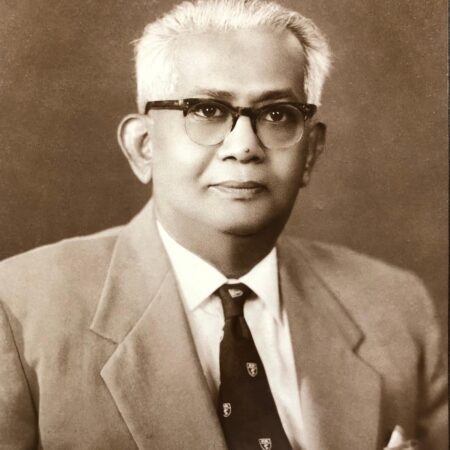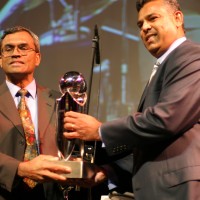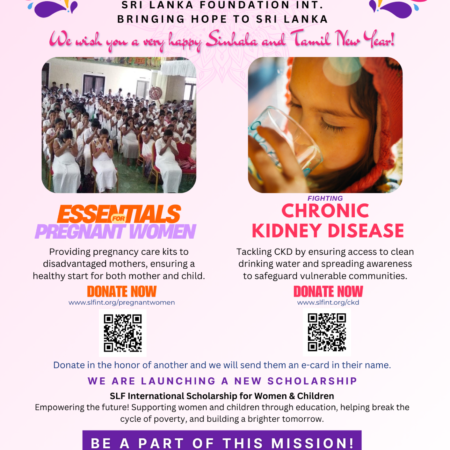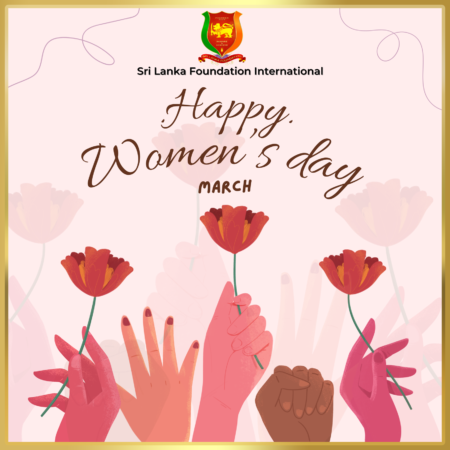by Nisthar Cassim
Prime Minister Ranil Wickremesinghe yesterday identified human resources as one of the key strengths of Sri Lanka to differentiate and improve competitiveness for which new reforms are underway to ensure sustainable inclusive socio-economic growth.
Inaugurating the first ever Sri Lanka Human Capital Summit at the Taj Samudra, the Prime Minister said a new Education and Employment Act is in the offing and under which the Human Resources Development Agency and Employment Relations Council will play a key role in steering key initiatives with stakeholder collaboration. The new Act will take forward the Government’s plans for education to employment, continual and compulsory education of 13 years and other required reforms. “The Act will provide the legal framework for policies for human resources development,” he emphasised.
“One of the three advantages of Sri Lanka is its human resources,” said the Premier adding strategic geographic location and a strong parliamentary democracy as the other two.
“Human resources is also the greatest strength of South Asia which could make the biggest difference towards the region’s prosperity,” Wickremesinghe emphasised at the Summit organised by the Association of Human Resource Professionals, Sri Lanka and the National Human Resources Development Council, of which the Chairman is Dinesh Weerakkody.
He also said given future growth potential and envisaged development plans, Sri Lanka too will have to overcome the scarcity of skilled human resources apart from managing power and water requirements.
As far as human resources are concerned he said that the upcoming Human Resources Development Plan will complement the new economic development plan which the Premier will unveil shortly. “It is time for a new HR policy to be formulated. This will go hand in hand with the new economic development plan which will be out soon,” Wickremesinghe said.
He said skilled human capital was critical to harness the key advantages of Sri Lanka including the strategic geographic location, create 1 million jobs, meet growth aspirations of a fast expanding middle class and revitalise the rural economy.
“We are keen to develop a highly competitive social market economy with an open economic and business model attracting foreign direct investments,” the Premier said. He warned that the private sector needs to partner in this transformation and generate the required jobs instead of looking for personal deals.
“As far as local businesses are concerned they have a low wage mentality. We need to change this mindset. We need to carry everyone with us and leave none as part of our social market economy policy,” the Premier said.
It was pointed out that Sri Lanka must seek ways to bring back 1 million people who are working outside the country, for which pay and perks as well as the country must be more competitive.
Wickremesinghe reiterated that President Maithripala Sirisena and the UNP are committed for reforms and to usher much needed development Sri Lanka must be made a logistics and business hub for which we need to develop ports, airports, shipping and airlines. We also need to be an energy hub. We are progressing towards establishing Sri Lanka as a financial hub to fill the gap between Singapore and Dubai. In parallel we are also going to boost infrastructure development with Hambantota-Colombo-Kandy corridor, the Megapolis, the Southern Development Plan and the Trincomalee Development Plan. In pursuing these developments, the Government will look to Public Private Partnerships.
Noting that South Asia is the place for growth with economic power shifting from East Asia to the South, the Prime Minister also detailed about how greater market access is being achieved. “We will secure GSP+ by next year and forge a separate agreement with UK. We are also deepening ties with India via an Economic and Technology Cooperation Agreement by end of this year. The five southern states of India and Sri Lanka has a combined GDP value of $ 500 billion and ETCA will be a win-win proposition,” the Premier said adding that it will change the pace of development in the region. He also said that FTA with China and Singapore and an economic cooperation with Japan and Korea are being pursued since future FDIs will come from East Asia, India and the Middle East.
The Summit today starting at 8.30 a.m. will feature a host of international, regional and local business and professional leaders to crystalise the way forward to meet the human capital challenge in sectors such as tourism, manufacturing and construction, IT, financial services and logistics and foreign employment.











![TV-Poster-All-Exhibition-Sri-Lanka-in-Focus-USA-2025[1]](https://www.srilankafoundation.org/wp-content/uploads/2025/04/TV-Poster-All-Exhibition-Sri-Lanka-in-Focus-USA-20251-450x450.jpg)










